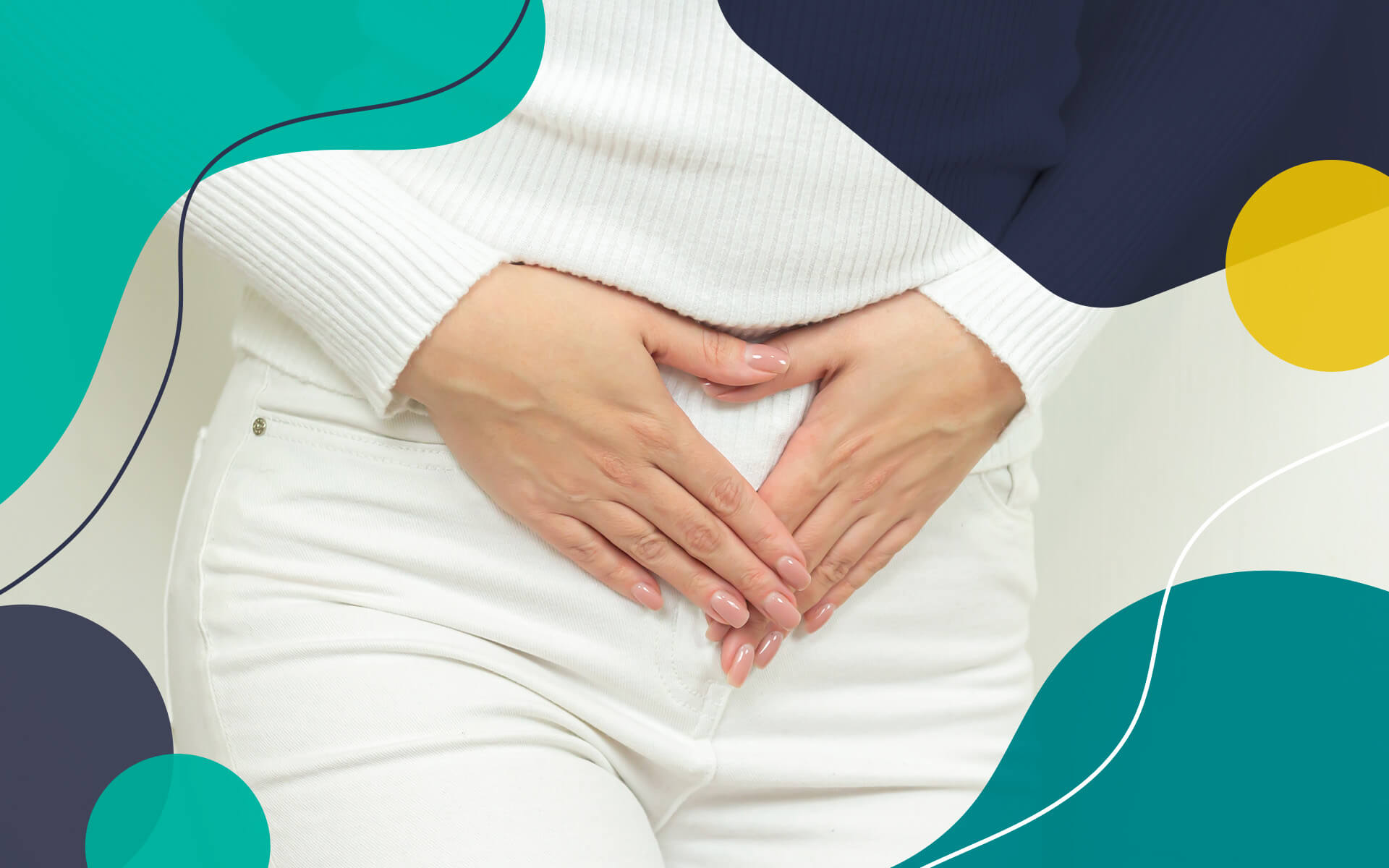
Body + Mind is reader-supported. We may earn an affiliate commission when you buy through some of the links on our site.
You rarely hear about uterine cancer, but this disease continues to kill hundreds of women each year. As with other forms of the condition, doctors could prevent many more deaths by treating the disease early.
However, physicians can’t treat what they don’t know about — which means you need to take charge of your care. When should you suspect that you might have the disease? Here are eight signs of uterine cancer that you should not ignore.
Abdominal pain results from dozens of causes — of course, you don’t go to the doctor for each case of an upset tummy. However, if the problem becomes ongoing, it’s time for an evaluation. Even if your agony isn’t a sign of uterine cancer, it could signify something else equally urgent to treat.
Severe pelvic pain doesn’t often occur until the disease reaches more advanced stages — so don’t assume you are more cramps than usual. While there may be another cause for your discomfort, delaying treatment can make the problem worse if it does turn out to be cancer.
If you previously had no problem with your partner’s size during intercourse, but lately, it feels like he’s impaling your pancreas, make an appointment with your gynecologist. While you might not notice the other hormonal signs of uterine cancer, unusual vaginal dryness can serve as a clue.
Unfortunately, the treatment for uterine cancer often exacerbates this problem. A standard hysterectomy removes your ovaries, which impact your estrogen and progesterone levels. When your sex hormone levels change, discomfort during intercourse can result. Fortunately, both prescription and over-the-counter remedies can help.
Like many conditions that affect the female reproductive system, uterine cancer can cause changes in your menstrual cycle. Pay attention if you start having unusually long or heavy periods — they could signify the disease or something equally troubling.
For example, endometriosis, where the uterine lining grows on organs outside the intended one, can cause heavy periods, severe cramps and fertility problems — but it doesn’t necessarily increase uterine cancer risk. However, it does up your chances of ovarian cancer, and it can adversely affect your fertility.
To add to your pants-destroying joy, another sign of uterine cancer involves bleeding between periods. See your gynecologist without delay if you haven’t noticed this symptom in the past.
Some causes of breakthrough bleeding present no cause for alarm. For example, some women experience blood when they ovulate — around 5% of women experience this phenomenon. However, like others above, the issue can signify additional problems and require a checkup to make sure they’re benign.
If you ever had a baby, you probably remember how frequently you had to pee when you were pregnant. The weight of your growing uterus puts pressure on your bladder, making you go more often.
Now, the pressure occurs for a less benign cause. Frequent urination is also one of the tell-tale signs of diabetes. According to the Centers for Disease Control and Prevention (CDC), over 100 million Americans now live with the disease or a prediabetic condition, and early treatment improves outcomes.
Like other cancers, one sign of uterine cancer includes unintentional weight loss. At first, you might delight as the numbers on the scale start plummeting. However, if you haven’t cut calories or start exercising, pay attention to your other symptoms and call the doctor.
The reason that cancer causes weight loss lies in the anti-inflammatory cytokines your body uses to fight swelling. These substances can lead to weight and muscle loss while shrinking your appetite.
Another sign of uterine cancer is feeling full soon after eating. This phenomenon occurs for two reasons. One is that as the tumor takes up more space, you have less room for food.
The other has to do with cytokines again. While stress and the common cold can also impact appetite, pay attention if the condition lasts longer than two weeks — and see your doctor.
Again, if you have ever given birth, you probably remember feeling off-balance when you got bigger. While hopefully, your tumor never distends your belly like the woman with an unfortunate (and non-cancerous) 61-pound fibroid, it can offset your center of balance.
Likewise, when your body is busy battling cancer, you lack the energy you once had. You might notice minor aches and pains more, which can also contribute to feeling weak and shaky.
If you notice these eight signs of uterine cancer, please see your OB/GYN without delay. While your symptoms could result from something far more benign, early detection results in a better chance for a cure.
Your email address will only be used to send you our newsletter, and at any time you may unsubscribe. For more information, see our Privacy Policy.